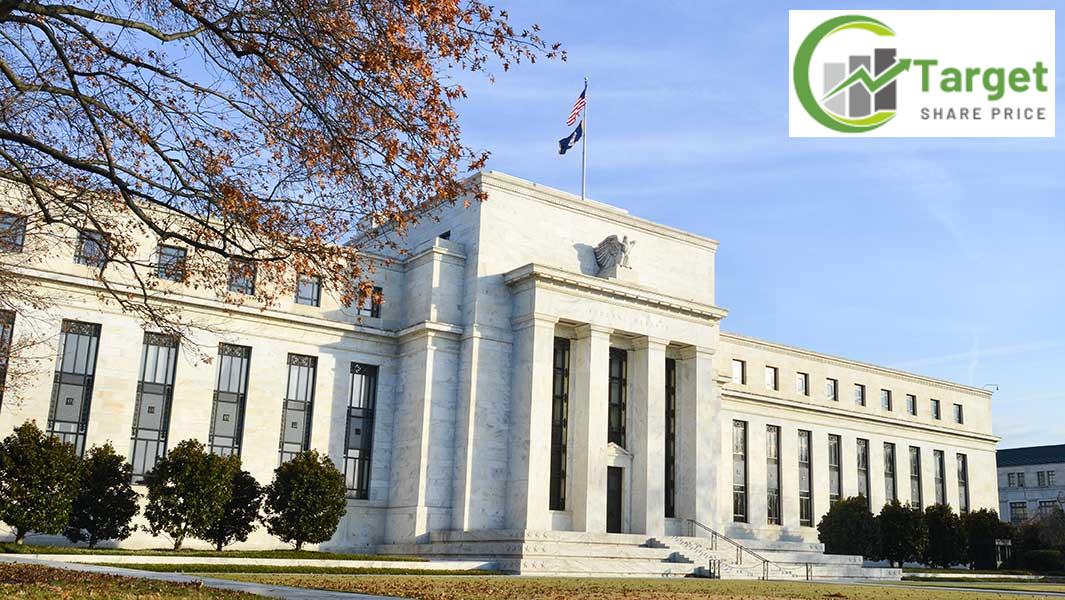In British Columbia and beyond, everyone’s talking about inflation, and for good reason. January’s Consumer Price Index (CPI) reported a surprising 0.5% increase, catching many experts off guard. With so many people affected by rising prices, understanding what this means is crucial for the families and individuals living in our communities.
CPI Hits And Misses
The Consumer Price Index serves as a vital tool for measuring inflation, showing how prices for goods and services change over time. In January, the overall CPI rose by 0.5%, pushing the annual inflation rate up to 3%. This means that on average, what used to cost $100 now costs about $103, which can be a shock to family budgets trying to make ends meet.
Goods And Services Prices Jump
Breaking down these numbers even further reveals that core CPI, which excludes food and energy prices, also saw an unexpected rise. It increased by 0.4% when experts had predicted only a 0.3% increase. This hints at a more significant issue as things like housing, transportation, and everyday essentials become pricier. For instance, hotel and motel prices took a notable jump of 1.7%. Similarly, transportation services climbed by 1.8%, making it harder for everyone to travel or even book a stay away.
Wall Street Reaction To Hot CPI
What does this mean for the stock markets? Well, the initial response was one of caution. The S&P 500 saw an early drop of 1.1% but later managed to recover somewhat. Stocks are sensitive to inflation news because when prices rise too quickly, companies struggle with profits, and that can scare investors. So, even though markets didn’t panic completely, they remain on edge as they watch the inflation numbers closely.
Fed Chair Powell Testifies
During this time, Federal Reserve Chair Jerome Powell stepped into the spotlight, reminding everyone that the economy remains strong overall. However, he cautioned that if inflation doesn’t begin to fall soon, they may have to stay prudent with their policies. This has everyone wondering how the Federal Reserve will respond in the coming months with interest rates.
Fed Rate-Cut Odds Tumble
As inflation fears rise, the odds for a rate cut by the Federal Reserve have decreased significantly. Previously, many believed rate cuts could happen as soon as March, but now expectations seem to be shifting. With inflation now predicted to stay above 3.5% in the wake of various economic pressures, including the tariffs from past administrations, this has many experts reconsidering their predictions.
Trump Tariff Inflation Impact
The conversation about tariffs brings another layer of complexity. Concerns related to former President Trump’s tariffs are popping up again, as they could be contributing to higher inflation. This aspect is critical because it shows how decisions made in the past can continue to affect people today. As businesses adjust their pricing strategies, the impact is felt all the way down to the everyday shopper purchasing groceries or refueling their vehicle.
Thursday’s PPI Will Be Key
Looking ahead, all eyes are on upcoming reports, particularly the Producer Price Index (PPI) set to be released this Thursday. This will give additional details about the prices businesses are paying for their goods, which can eventually trickle down to the consumer. If PPI shows further increases, it could mean that inflation struggles will continue for a while, which nobody wants to hear.
| Indicator | Change | 12-Month Rate |
|---|---|---|
| Overall CPI | +0.5% | 3% |
| Core CPI | +0.4% | 3.3% |
| Transportation Services | +1.8% | – |
| Hotel Prices | +1.7% | – |
As residents of British Columbia and beyond navigate this changing economic landscape, staying informed about inflation and its consequences is more important than ever. Understanding these changes can equip families with better decision-making tools as they manage their finances amidst uncertainty.

